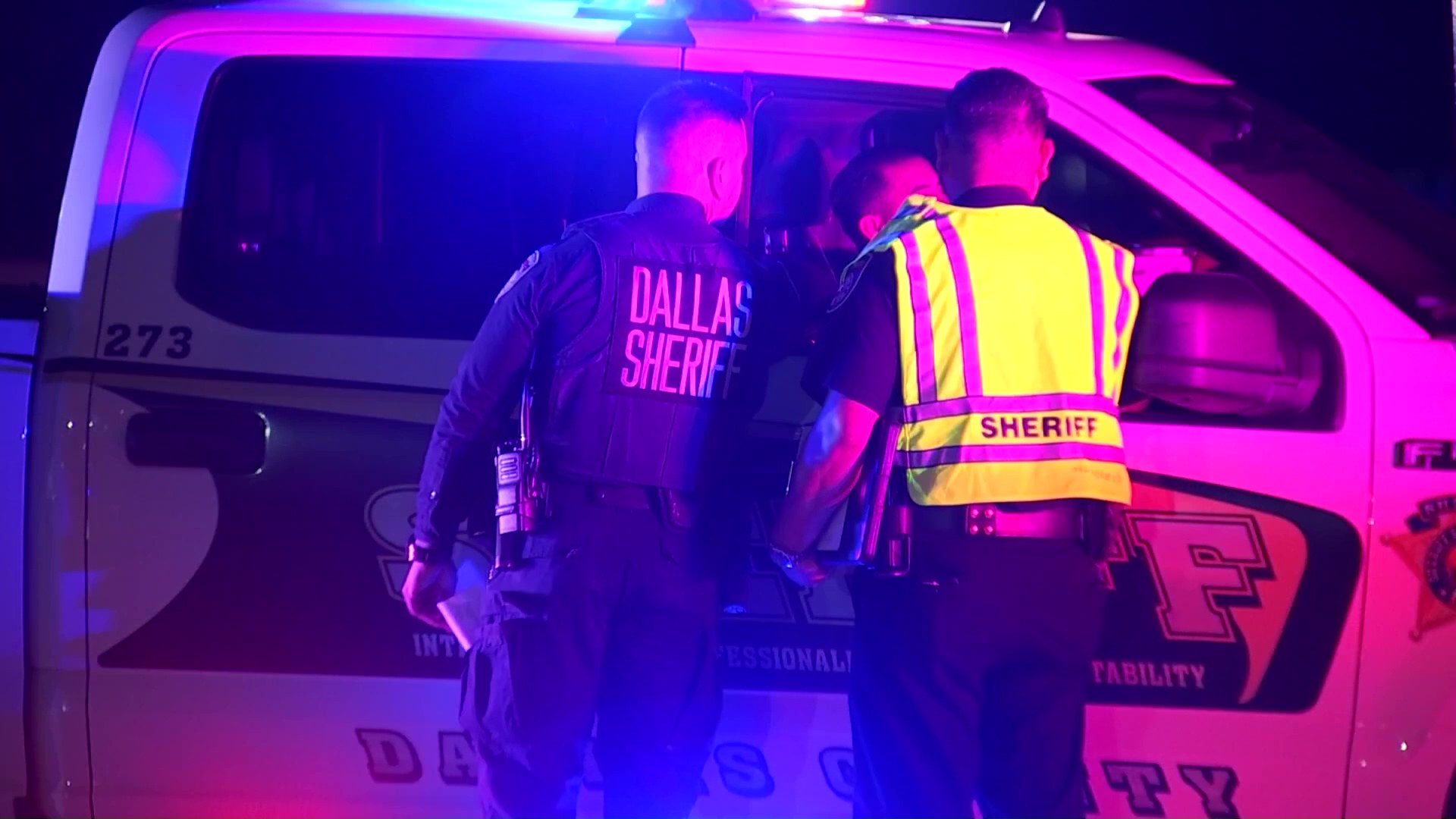An exclusive NBC 5 investigation found hundreds and perhaps even thousands of airport security badges, known as Secure Identification Display Area (SIDA) badges, are unaccounted for across the country.
NBC 5 Investigates requested records from some of the nation's largest airports asking how many SIDA badges are unaccounted for.
Hartsfield-Jackson Atlanta International Airport sent a response saying more than 1,400 badges were lost or stolen over approximately two years.
Larry Wansley, who once led security for American Airlines, believes the missing badges present serious concerns for security officials and are something terrorists would like to have possession of in order to compromise security.
Before NBC 5 Investigates could get missing ID badge information from other airports, like Dallas/Fort Worth International Airport, the Transportation Security Administration stepped in and said we couldn't have those numbers.
The TSA said it is security sensitive information and they don't want to say just how often airport ID's go missing at each airport.
Local
The latest news from around North Texas.
However, police reports obtained by NBC 5 Investigates from D/FW Airport show more than just ID badges disappear each year. Employees have reported lost and stolen airline uniform shirts, an entire FedEx pilot's uniform, missing TSA badges and even a federal flight deck officer's credentials and badge, which allow a pilot to carry a gun on a plane.
In one case, a police report said an employee who lost his airline and airport security badges, “did not call to report them missing hoping someone would turn them in."
The employee’s lost badge was not deactivated for three days.
A stolen ID badge or uniform would not necessarily allow someone to walk right in to a secure area.
“Just because one aspect of it has been compromised, if you will, there are a whole lot of other backups that come into play,” said Wansley.
Most big airports, like D/FW and Atlanta, now use biometrics or PIN number systems. In order to get in, employees are required to scan their hand-print or enter a code in addition to swiping their ID card.
“The biometric technology provides another layer of security and is designed to ensure the integrity of the badge and badge holder in unison”, said D/FW Airport spokesman, David Magana.”
But Chaim Koppel, a security expert who consults with airports and airlines all over the world, still fears bad guys could use stolen ID cards to cause other problems, even without getting through the secure doors, by posing as someone who is a legitimate airport employee.
Koppel points to an attack in Pakistan last year where terrorists, dressed as airport security workers, launched a deadly assault from the airport perimeter and killed more than a dozen people.
“These few seconds that people are hesitant to act against them, that's going to be the key to success for them,” said Koppel.
Koppel said someone wearing a stolen ID card might also have a better chance of sneaking in an open perimeter gate or hopping a fence, much like the teenage stowaway who managed to hide on a Hawaiian Airlines flight from San Jose, California last year even without an ID.
Someone wearing an ID badge on the tarmac may be less likely to stand out.
Unions that represent airline employees said they constantly remind fellow workers to help protect uniforms and ID cards.
“You know, I treat my access badge like cash … or like a passport. If I lose it, it's gone,” said Jeffrey Ewing, with the Association of Professional Flight Attendants.
Still, there are lapses sometimes in employee security. In 2013 NBC 5 Investigates discovered workers at D/FW, even an airline executive, sneaked family and friends through the secure doors allowing them to bypass the checkpoints, leaving open the possibility that someone with a stolen ID card might be able to follow someone through the door the same way.
Ewing said the message to employees is that safeguarding ID’s is not only about safety and security for crew members, but for the customers the airport and airlines serve.
The TSA declined to be interviewed, but the agency said in a statement it is currently conducting a, “…comprehensive review of the issues related to the security of the sterile areas at airports nationwide in order to identify all viable means for the Department of address any potential vulnerability.”
TSA said changes might include additional measures to check ID’s and physically screen workers at employee entrances.
If more than 5 percent of badges go missing at one airport, the TSA requires the airport to cancel and reissue all badges. The 1,450 missing badges in Atlanta represent only a small percentage of the nearly 60,000 people employed there.
In a statement, Reese McCranie, director of policy and communications for the Atlanta Airport, told NBC 5 Investigates, "We take the loss and theft of employee badges very seriously. Badges are deactivated as soon as they are reported lost or stolen. Secured areas of the airport can only be accessed with a valid badge and PIN, and each badge has a photo of the employee on it. Due to these safeguards, we do not believe that lost or stolen badges pose a significant security threat to the airport."
DFW Airport spokemsan David Magana provided the following statement:
"DFW Airport strives to provide effective security for the Airport and its customers in accordance with the Airport Security Program (ASP) approved by the Transportation Security Administration (TSA). DFW's security program allows for the use of employee badges with biometric technology for employees who need to access the sterile or secured areas of the Airport for their employment function. The biometric technology provides another layer of security and is designed to ensure the integrity of the badge and badge holder in unison. DFW's overall goal is to provide an effective multi-layered approach to security while allowing for the efficient flow of travelers through the Airport, creating a balance of safety and security along with an outstanding customer experience."



